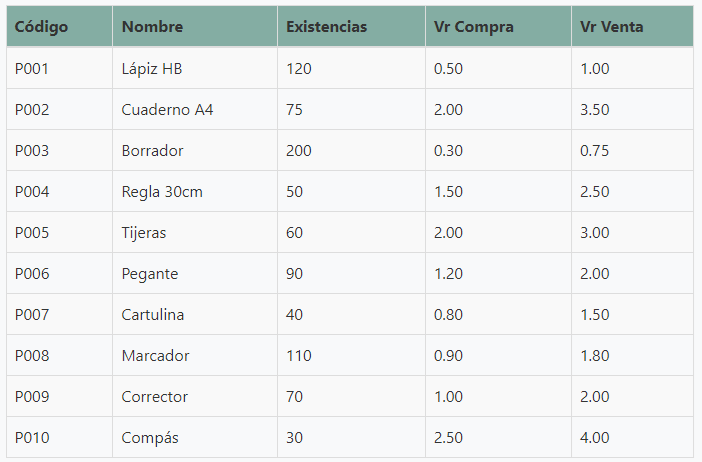The Accounting of the Samurai: Economic Management in Japanese Feudal Clans
The history of Japan is rich in traditions and customs that have influenced the way institutions and society as a whole have developed. One of the most interesting aspects of Japanese history is the economic management of feudal clans, especially regarding the accounting of the samurai. In this article, we will explore how finances were managed in Japanese feudal clans and what role accounting played in samurai society.

The historical context
The feudal era in Japan lasted from the 12th century to the 19th century. During this period, the country was divided into fiefs, which were governed by daimyos (feudal lords) who exercised absolute control over their territories. The samurai, who were elite warriors, were the main servants of the daimyos and played a crucial role in the management of the fiefs.
The economy of the feudal clans
The economy of the feudal clans was based on agriculture and the production of basic goods such as rice, silk, and paper. The daimyos controlled the land and distributed it among their vassals, who were responsible for cultivating it and producing goods. The samurai, in turn, were responsible for protecting the fiefs and maintaining order.
The economic management of the feudal clans was complex and required a large number of records and accounting. The daimyos and samurai needed to keep a detailed record of financial transactions, including the production and distribution of goods, the collection of taxes, and the allocation of resources.
Samurai accounting
Samurai accounting was based on a system of records and accounts that were used to track financial transactions. The samurai used an accounting system called "kaikei," which translates as "account" or "record." The kaikei was an accounting system used to keep a detailed record of financial transactions, including the production and distribution of goods, the collection of taxes, and the allocation of resources.
The samurai also used an accounting system called "daifukucho," which translates as "account book." The daifukucho was an account book used to keep a detailed record of financial transactions, including the production and distribution of goods, the collection of taxes, and the allocation of resources.
Accounting instruments
The samurai used various accounting instruments to keep a detailed record of financial transactions. Some of the most common accounting instruments used in the feudal era included:
- Abacus: The abacus was a calculating tool used to perform arithmetic operations.
- Paper and ink: The samurai used paper and ink to keep a detailed record of financial transactions.
- Account books: Account books were used to keep a detailed record of financial transactions.
Conclusion
Samurai accounting was a crucial aspect of the economic management of Japan’s feudal clans. The samurai used accounting systems called "kaikei" and "daifukucho" to keep detailed records of financial transactions. The accounting instruments used in the feudal era, such as the abacus, paper and ink, and account books, were fundamental to the economic management of the feudal clans.
Samurai accounting is an example of how accounting has been used throughout history to manage finances and make informed decisions. Accounting continues to be a fundamental aspect of economic management today, and its importance cannot be underestimated.





